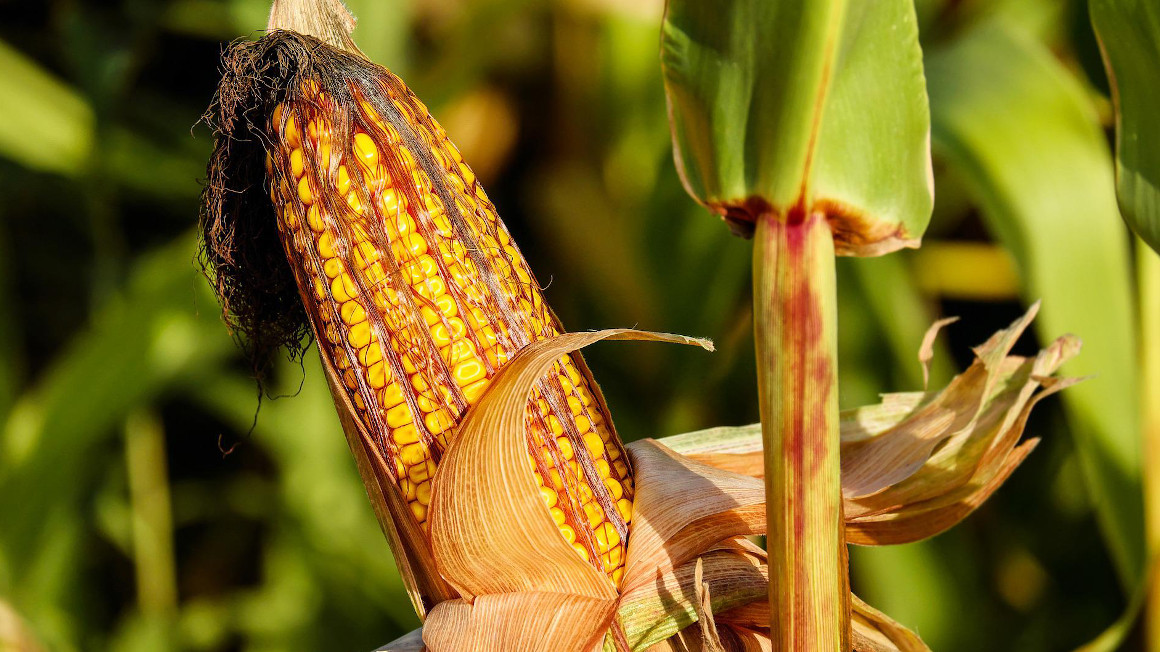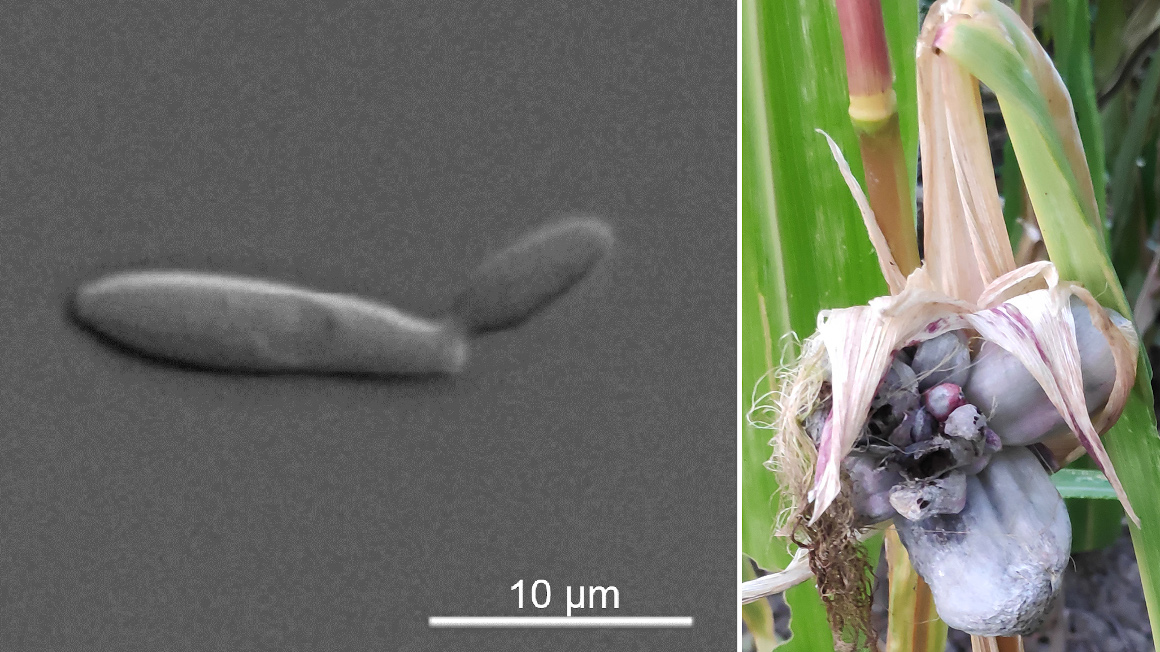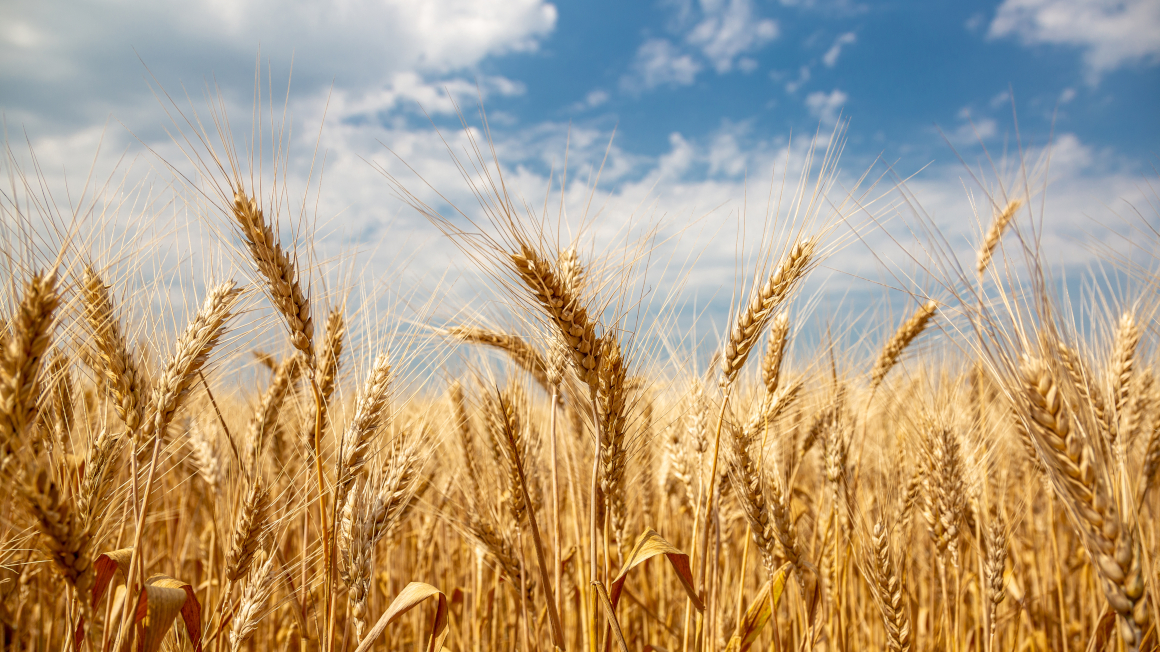Microbial oil as a palm oil substitute
Using corn straw and the blight fungus Ustilago maydis, researchers want to create an oil that can replace palm oil.

Palm oil is one of the most versatile and sought-after vegetable oils: it is found in many foods such as ice cream, chocolate and potato chips, and is also used in the production of cosmetics and biodiesel. Yet palm oil cultivation in countries such as Malaysia and Indonesia has economic, social and also environmental consequences, and has therefore long been controversial. A research consortium is now working on a domestic alternative to palm oil. The NextVegOil project focuses on developing a process for producing a microbial oil based on agricultural residues.
Sustainable alternative to palm oil
The project will be funded by the Bioeconomy Science Center (BioSC) with a total of around 1.1 million euros over the next three years. Research groups from Heinrich Heine University Düsseldorf (HHU), RWTH Aachen University, Ruhr University Bochum and the Berlin-based food tech start-up Formo are involved. "All those involved are keen to ensure that we can counter conventional palm oil with a sustainable product: regional, made from renewable raw materials, with a good climate balance. And what's more, one that doesn't compete with food production, since the raw materials needed are left over anyway," emphasize Michael Feldbrügge and Markus Pauly from HHU.
Burning fungus of corn plant as oil producer
The two researchers have found a solution to use the fungus Ustilago maydis to produce a microbial oil that has a similar composition of fatty acids to palm oil. They found that the fungus can produce not only surfactants but also oil when the synthetic pathway of the unicellular organism is interrupted at the genetic level. Ustilago maydis is actually known to cause the plant disease corn boll blight. It attacks corn plants and makes them look like they have been burned.

"What is detrimental to some is beneficial to others," says Michael Feldbrügge. "Because the fungus is so well adapted to corn, it is also ideally suited to utilize corn residues. The fungus, which naturally produces other biotechnologically relevant substances such as biosurfactants, has been well researched genetically and biotechnologically. That's why we know where we can use it for our purposes," says the HHU researcher. Colleague Markus Pauly adds, "There is also still breeding potential in corn to optimize the plant residue for such substance transformation by the fungus without transgenic methods."
Use microbial oil for vegan cheese production
In the coming years, the researchers now want to optimize the fungus so that the oil it produces even better reflects the properties of palm oil. They are also working on biotechnological processes to optimally convert corn straw, which can neither be eaten nor fed and thus remains as a residual material, in the fermenter. At the end of the project, the start-up Formo then wants to use the microbial oil as a palm oil substitute in the production of vegan cheese.
bb


